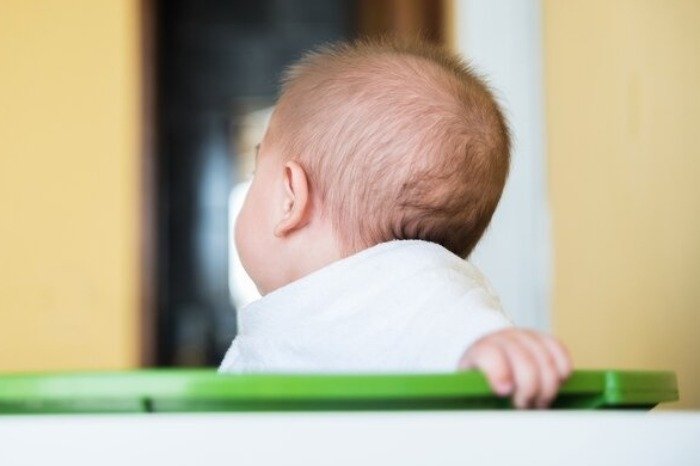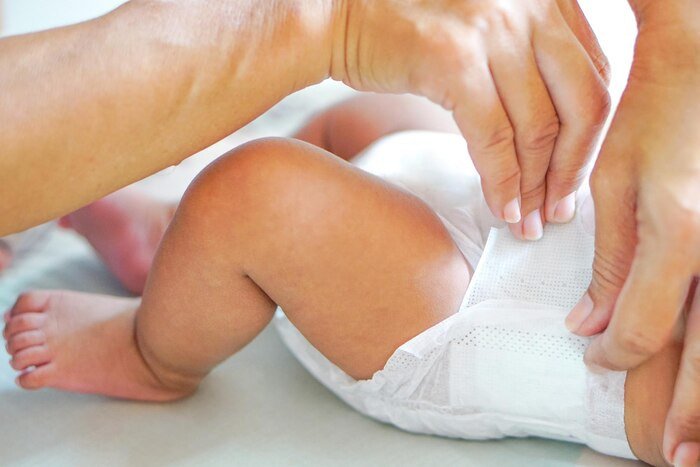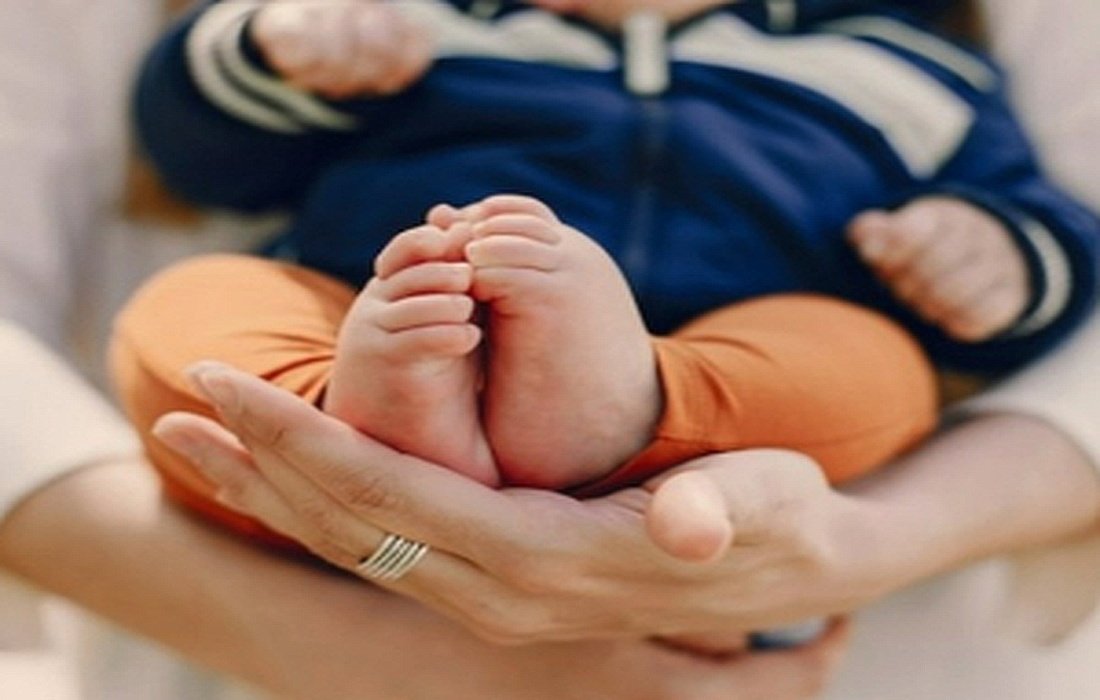The Worst Mistakes by Inexperienced Mothers inBaby Care
The arrival of a newborn is one of the most delightful events in the lives of parents, but this joyful moment can also present challenges. Caring for a baby is quite difficult and requires a lot of experience. The inexperience of parents and lack of knowledge, especially in the first months, can lead to dangerous mistakes for the newborn. In this section ofSelMagzwe discuss the worst mistakes and care errors for new parents.
Not Holding the Baby
Some parents, following the advice of those around them, avoid holding their baby for fear of spoiling them, but this is a big mistake. Babies need to be held during the first 14 months of life. Holding a baby creates feelings of safety and security in them andboosts their confidence.If you neglect to hold your baby, rest assured that you will raise a spoiled child who will cry and scream to get what they want.

Shaking the Baby
Another mistake parents make is using shaking as a method to quiet a crying baby, which can sometimes have fatal consequences. In the early months of life, a baby’s brain is still soft and fragile. This softness can lead to irreversible damage. If parents keep shaking the baby for sleep, unpleasant outcomes may occur, harming their brain.
Manipulating the Baby’s Umbilical Cord
Some parents manipulate their newborn’s umbilical cord in hopes it will fall off sooner. The umbilical cord usually dries out and separates from the baby’s body 7 to 21 days after birth. This separation causes a small wound that will heal in a few days. Manipulating the umbilical cord can cause problems for the baby, so avoid touching or pulling it to hasten its falling off. Even if it is stuck by a hair, do not meddle with it and do not apply substances like alcohol,Betadineor oil on it.
Not Burping the Baby
Feeding is one of the most important activities for babies. During feeding, air bubbles can get trapped and enter the baby’s stomach, causinggas.The best method to relieve this is by burping the baby. If you don’t burp the baby on time, excess swallowed air can lead to stomach problems and make your child seem grumpy. By cupping your hand and gently tapping the baby’s back, you can help release air from their stomach.
Not Changing the Diaper
Changing a diaper can be difficult for young parents, especially at night, but delaying diaper changes can lead to many issues. It exposes the sensitive skin of the baby to irritants, causing rashes and redness. Additionally, bacteria in the diaper, especially in baby girls, can lead to bladder infections. Therefore, for newborns, change their diaper every 2 to 3 hours.

Not Enough Breastfeeding
Some babies spend most of the day sleeping, and sometimes parents think they should only feed the baby while awake. However, you should gently wake your baby for feeding and offer breast milk every two hours. Babies have very small stomachs and need small amounts of milk, about 30 to 90 milliliters at a time.
Kissing the Newborn
Kissing a newborn by relatives is a mistake, as they have weak immune systems that make them vulnerable to viral infections. Viruses and bacteria can easily spread through a baby’s mouth, eyes, or nose.
Bathing the Newborn
In the past, it was common to bathe a newborn immediately after birth, but this is not recommended today because the respiratory system of a newborn is not yet stabilized. Therefore, it is better to avoid bathing the baby for at least two days after birth. Some families also hold off on bathing until the umbilical cord falls off; however, this practice, like bathing too early, can lead to infections.
Neglecting the Baby’s Sleeping Environment
During the day, parents care for their baby, sometimes laying them on soft mattresses, blankets, and plush toys. Pillows, extra blankets, and soft toys are common suffocation hazards for babies during sleep. Sleeping with the baby is also a mistake, as there have been instances where babies were suffocated accidentally by their parents. The best way to keep babies safe while sleeping is to have them in their own crib.







